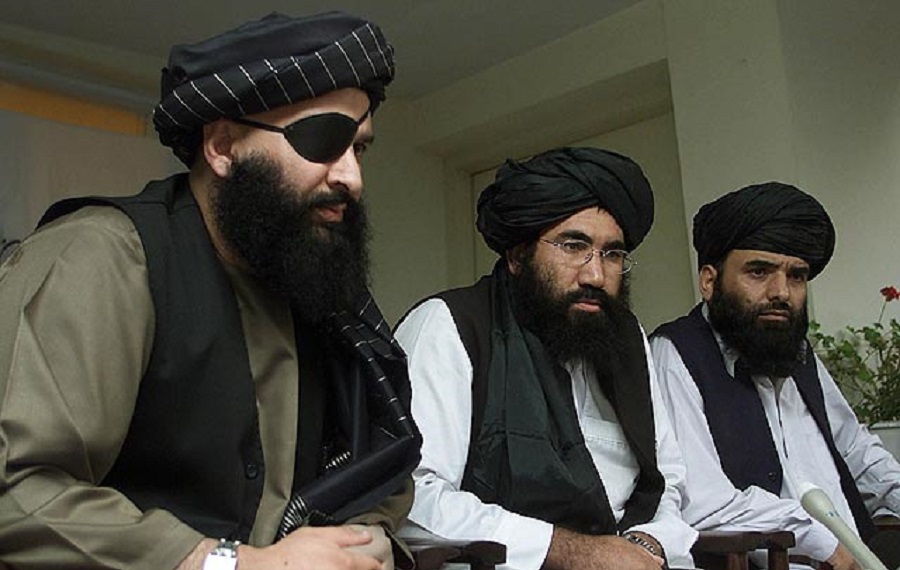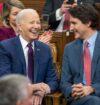Russia Dialogue with Taliban, Mulls Removal from Terrorist List
In a significant diplomatic move, Russia announced on Tuesday its intention to engage in crucial discussions with Afghanistan’s Taliban leadership and is actively pursuing the removal of the group from its list of proscribed terrorist organizations.
Kremlin spokesman Dmitry Peskov conveyed the importance of addressing pertinent issues with the Taliban, emphasizing the proximity of Afghanistan to Russia and the necessity for dialogue with the de facto rulers of the nation. While Peskov refrained from specifying the nature of these pressing matters, the statement comes against the backdrop of Russia’s recent tragic encounter with terrorism.
Last month, Russia faced its deadliest attack in two decades when assailants raided a concert hall near Moscow, resulting in the loss of at least 144 lives. Although the Islamic State claimed responsibility for the heinous act, U.S. officials pointed to intelligence implicating the Afghan branch of the network, known as Islamic State Khorasan. However, Russia has indicated an ongoing investigation into potential Ukrainian involvement, an assertion vehemently rejected by Kyiv and Washington.
The Taliban’s resurgence to power in Afghanistan in 2021 following the withdrawal of U.S.-led foreign forces marked a pivotal moment in the region’s geopolitical landscape. Despite assuming control, the Taliban have continued to be designated as a terrorist entity by Russia, until now.
Notably, China had previously acknowledged the legitimacy of the Taliban-led government in Afghanistan, signaling a shift in diplomatic stance. The Chinese Foreign Minister’s visit to Kabul underscored China’s recognition of the Taliban as a legitimate governing authority.
As Russia and other global stakeholders navigate the evolving dynamics in Afghanistan, the prospect of dialogue with the Taliban holds implications for regional stability and security. With geopolitical tensions at play, the outcome of these diplomatic overtures could shape the future trajectory of relations between key actors in the region.



